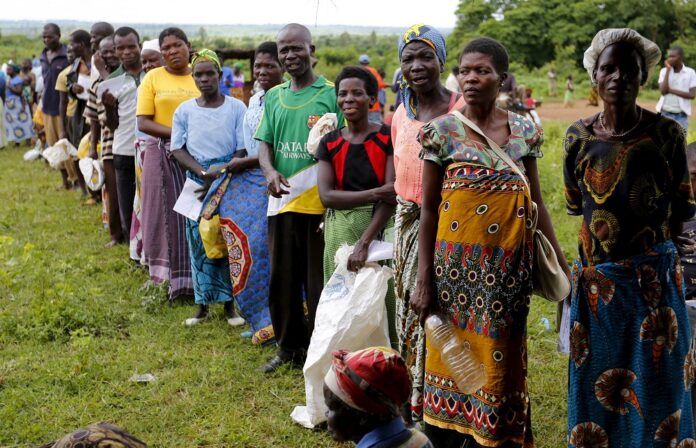Three failed rainy seasons have created the driest conditions since the 1980s, with forecasts of below-average rainfall set to increase suffering in the coming months. — Reuters pic
GENEVA, Feb 8 — The UN World Food Programme said today that 13 million people across the Horn of Africa face severe hunger, calling for immediate assistance to avoid a repeat of a famine a decade ago that killed hundreds of thousands of people.
Three failed rainy seasons have created the driest conditions since the 1980s, with forecasts of below-average rainfall set to increase suffering in the coming months.
“Harvests are ruined, livestock are dying, and hunger is growing as recurrent droughts affect the Horn of Africa,” said Michael Dunford, Regional Director in the WFP Regional Bureau for Eastern Africa.
The conditions have decimated livestock, forcing thousands in a region where many are pastoralists into displacement camps.
“We never experienced this before, we only see dust storms now. We are afraid that they will cover us all and become our graveyard,” said Mohamed Adem from the Somali region of Ethiopia in a WFP video.
Aerial footage taken nearby showed vast dusty scrubland strewn with cattle carcasses. In Kebele village, people tied ropes beneath the torso of a thin cow to raise it to its feet.
Ethiopian government spokesperson Legesse Tulu did not immediately respond to a request for comment on WFP’s statement.
The drought is also hitting parts of Kenya and south-central Somalia. Between 2010 and 2012, around 250,000 people died of hunger in Somalia, half of them children.
WFP, which won the Nobel Peace Prize in 2020, is launching its regional response plan for the Horn of Africa this week and calling for US$327 million (RM1.4 billion) to meet the immediate needs of 4.5 million people. — Reuters


